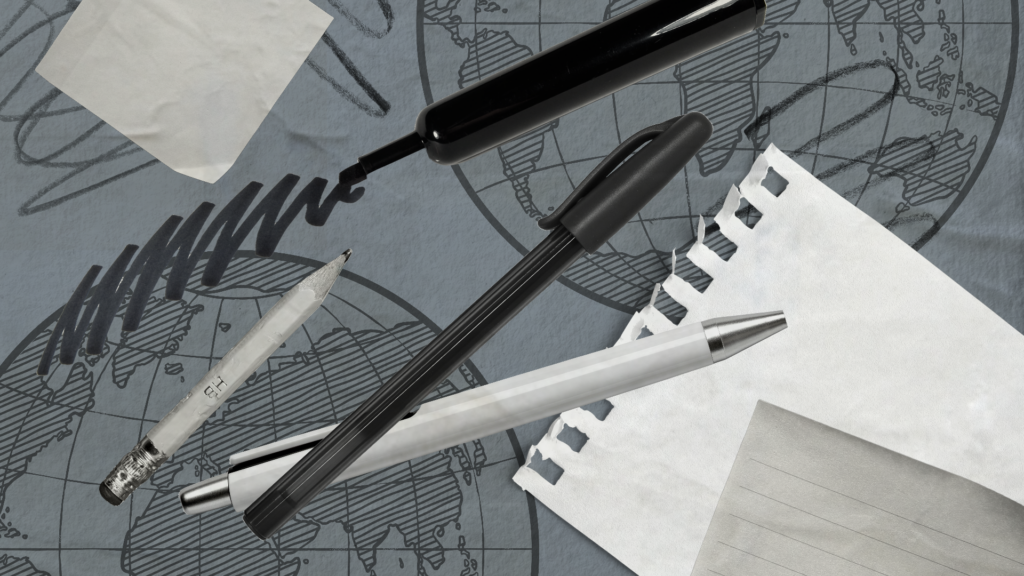A list of essential knowledge about both pi and pie, brought to you by some of the best science journalists in the world.
Alumni Notes: The Earth, the Moon, and Everything Between
A recurring roundup of news about former KSJ Fellows, featuring Federico Kukso’s compendium of what the fellows have been writing.
“The Algorithm”: Hilke Schellmann’s Take on AI and the Pitfalls of Removing Humanity From Hiring
Former Knight Science Journalism Fellow Hilke Schellmann is an investigative journalist with experience holding powerful people accountable. As those people hand decision-making power to artificial intelligence, Schellmann brings accountability to AI.
Alumni Notes: Facing health fears, fresh stories on climate, and more
A recurring roundup of news about former KSJ Fellows, featuring Federico Kukso’s compendium of what the fellows have been writing.
Ignition: What sparked M.R. O’Connor to write a book about fire?
Former Knight Science Journalism Fellow M.R. O’Connor says that authoring “Ignition” changed her vision of the history, and future, of fire on the landscape.
Alumni Notes: Two Views on AI’s Future, How to Argue, and More
A recurring roundup of news about former KSJ Fellows, featuring a compendium of what the fellows have been writing.


 "
" "
" "
" "
" "
"